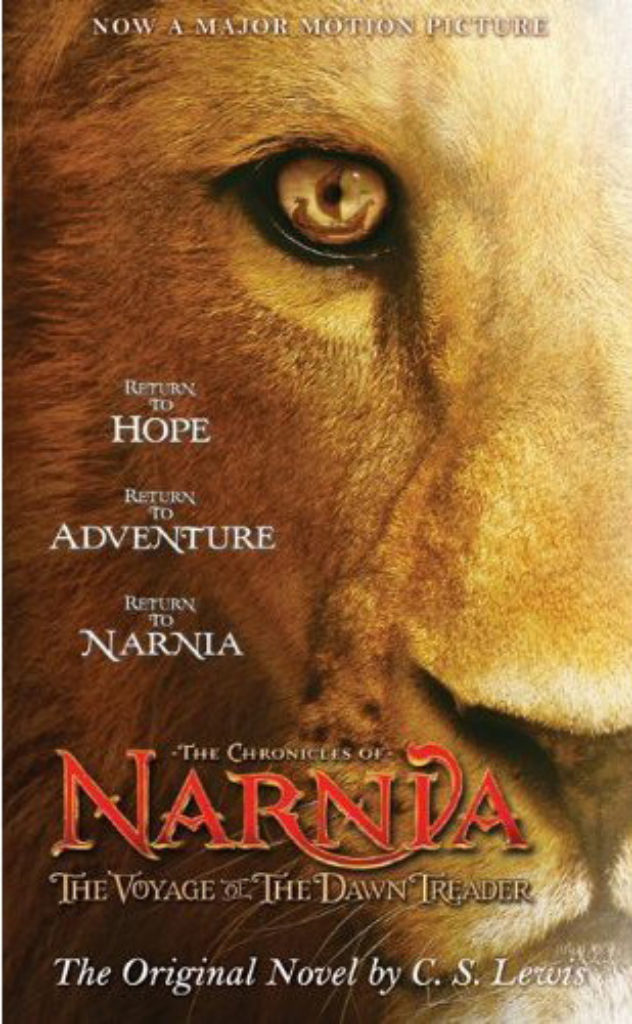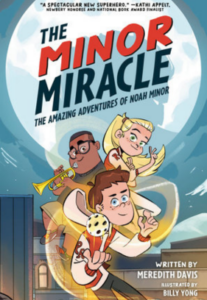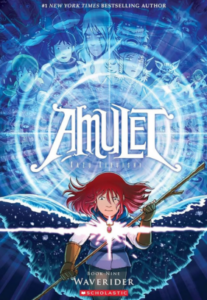Eustace’s parents do not appear in the novel, but they are mentioned. They consider themselves progressive and will not smoke, drink alcohol or eat meat. They allow Eustace to call them by their first names, and when Eustace becomes kinder after his trip to Narnia, his mother does not like the change in him.
Edmund and Lucy’s parents are also absent — their father is lecturing in America and their mother is spending the summer with him. Their older sister, Susan, accompanies their parents because they believe she will enjoy America more than her siblings. It is too expensive to take all the children.
King Caspian seems to be in his late teens, but he is treated as an adult and serves as the chief authority figure aboard the Dawn Treader. Caspian shows hospitality to his English guests, providing for their needs and making them as comfortable as possible, even letting Lucy take his own cabin as her own while she is on the Dawn Treader.
Caspian insists that Edmund and Lucy, as former rulers of Narnia, should be treated with respect, and he is patient with Eustace’s constant complaints. He experiences some lapses in judgment, such as when he takes a party ashore on the Lone Islands without first learning if the inhabitants are still friendly. His lack of foresight causes his friends to be captured by slavers, but he later uses his ingenuity to save them. Caspian displays greed and selfishness when he fights with Edmund at Deathwater Island, and he becomes angry and demanding when he wants to see the world’s end, abusing his authority by saying that no one aboard the ship has the right to contradict his wishes. Reepicheep reminds Caspian that a king is responsible for his kingdom and subjects and may not leave them behind for private pursuits.
Caspian is called sire and liege, and all members of the crew address Edmund, Lucy and Caspian as Majesty.
Edmund usually defers to Caspian’s authority, but Edmund confronts Caspian on two occasions. On Deathwater Island, Edmund says he is not Caspian’s subject and Caspian actually owes allegiance to him, because Edmund was one of the original Narnian rulers. Again, when Caspian wants to travel to the end of the world, Edmund says that he is not Caspian’s subject and as such, he can contradict Caspian. Edmund is in authority over Eustace, but he has little patience with his cousin, avoids his company and rebukes him for his bad behavior.
Eustace does not recognize any authority or rules, except those that benefit him. He repeatedly requests to meet with a British Consul, a representative of the British Embassy, to air grievances against Caspian.
Lucy holds a unique place in the crew as the only female. She is given special courtesy, and she uses her position to tend the needs of others, especially those of Eustace.
Caspian’s uncle, Miraz, is briefly mentioned as a negative example of authority. Miraz usurped his brother’s throne and strengthened his position by effectively exiling the seven lords who supported Caspian’s father, the rightful king.
The Lone Islands no longer acknowledge Narnia’s lordship over them. Governor Gumpas profits from the local slave trade, but he is deposed and replaced by Lord Bern, who detests slavery and honors Caspian as his king.
Coriakin the Magician rules the island of the Dufflepuds, but the Dufflepuds resent his interference. For their continual disobedience, he turns them into monopods; they have to hop around on one leg.
Aslan is the ultimate authority figure in the novel. When he speaks, he is obeyed.











